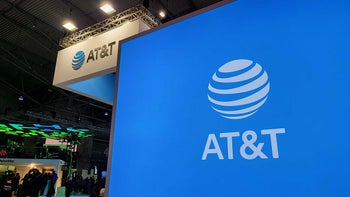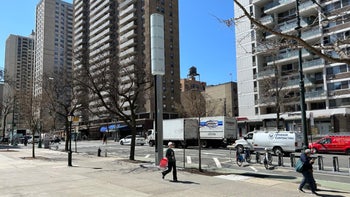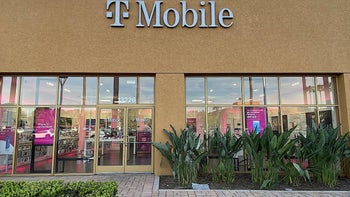AT&T bows out of huge home internet market area as new law takes effect

AT&T has announced its 5G home internet service Internet Air will no longer be available in New York as a response to the state's Affordable Broadband Act.
New York State's Affordable Broadband Act or ABA requires that internet service providers must offer low-income households significantly cheaper internet plans. This generally means broadband plans priced at $15 and $20 should be offered to low-income households in the state.
The act went into effect on January 15. The $15 per month plan should provide 25Mpbs speeds while the $20 per month should offer 200Mbps speeds. These prices should also include all recurring taxes, fees, and equipment rental costs, so no sneaky asterisks are allowed on that monthly price.
The Act only applies to households that qualify for programs like the National School Lunch Program, Supplemental Nutrition Assistance Program, or Medicaid. Internet providers that are smaller can apply for an exemption, but they need to meet certain criteria: they should be serving fewer than 20,000 households and be able to prove financial hardship.
AT&T's 5G home network service, called Internet Air, was launched back in 2023. It offers home internet for $60 per month (or $47 if bundled with an AT&T mobile plan). The service is currently available in almost every state. New York falls outside AT&T's core 21-state wireline territory anyway (AT&T has less infrastructure in the state and has invested less in it), so it's not too hard for the company to just... abandon ship.
Meanwhile, Internet Air is expanding elsewhere, and it has gained 135,000 new customers just in the last quarter alone. Existing Internet Air customers in New York have 45 days to find a new carrier, during which they can continue using the service for free. After that, AT&T will be ready to send customers prepaid return kits to give that sweet 5G router back.
It's important to note that AT&T's mobile services, including its 4G and 5G networks, remain unaffected by this situation, so you can rest assured that your smartphone will continue to access AT&T's network seamlessly in New York.
As AT&T exits, all eyes are on competitors like Verizon and T-Mobile to see how they respond to the new law. Verizon already offers affordable options for low-income households, which could align with the ABA's requirements, while T-Mobile, known for its ambitious expansion in 5G services, may use this as an opportunity to capture more of the broadband market in New York.
New York State's Affordable Broadband Act or ABA requires that internet service providers must offer low-income households significantly cheaper internet plans. This generally means broadband plans priced at $15 and $20 should be offered to low-income households in the state.
The Act only applies to households that qualify for programs like the National School Lunch Program, Supplemental Nutrition Assistance Program, or Medicaid. Internet providers that are smaller can apply for an exemption, but they need to meet certain criteria: they should be serving fewer than 20,000 households and be able to prove financial hardship.
AT&T apparently decided not to roll with this law and is ultimately pulling the plug on its Internet Air service in the state altogether. AT&T stated that the new broadband law imposes harmful rate regulations and it's made it uneconomical for AT&T to invest in and expand its infrastructure in the state.
AT&T's 5G home network service, called Internet Air, was launched back in 2023. It offers home internet for $60 per month (or $47 if bundled with an AT&T mobile plan). The service is currently available in almost every state. New York falls outside AT&T's core 21-state wireline territory anyway (AT&T has less infrastructure in the state and has invested less in it), so it's not too hard for the company to just... abandon ship.
Meanwhile, Internet Air is expanding elsewhere, and it has gained 135,000 new customers just in the last quarter alone. Existing Internet Air customers in New York have 45 days to find a new carrier, during which they can continue using the service for free. After that, AT&T will be ready to send customers prepaid return kits to give that sweet 5G router back.
As AT&T exits, all eyes are on competitors like Verizon and T-Mobile to see how they respond to the new law. Verizon already offers affordable options for low-income households, which could align with the ABA's requirements, while T-Mobile, known for its ambitious expansion in 5G services, may use this as an opportunity to capture more of the broadband market in New York.










Things that are NOT allowed: